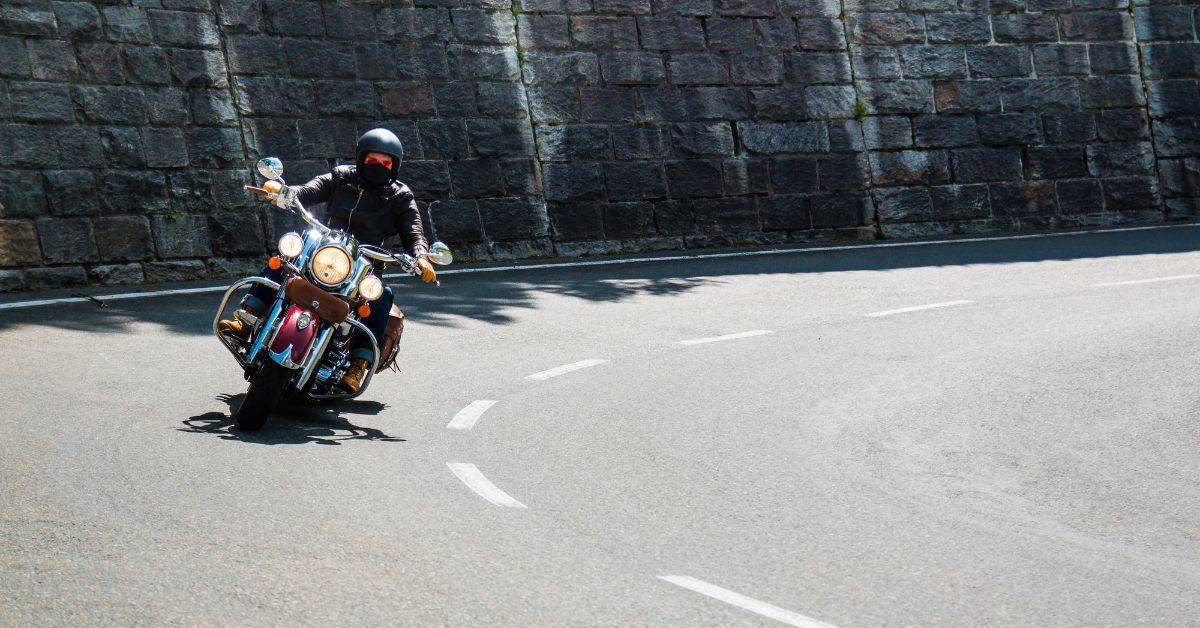Utah’s scenic views and summer weather make it an ideal place for motorcycle riders around the country to vacation. Regardless if you are a current resident or are taking that final trip before the season is over, it’s essential to know the motorcycle safety laws in the state. Here is what you need to know.
Who Can Get a Motorcycle License in Utah?
Any person 16 years of age or older can get a motorcycle license in Utah if they have held a temporary learner’s permit for six months, have a valid Class D or commercial license, and pass a written and vision test. Riders must then pass a riding skills test (similar to car drivers) in order to upgrade their permit to a motorcycle license.
There are three different types of motorcycle licenses in Utah:
- Class M1: Allows the operation of any motorized vehicle with less than four wheels.
- Class M2: Allows the operation of any motor-driven cycle, moped, or any bicycle with an attached motor.
- Class M3: Restricted to the operation of electric personal assistive mobility devices (EPAMDs), also known as scooters.
Similar to obtaining your standard driver’s license, applicants must also have a learner’s permit for two months if younger than 19, pass a written and skills test, show proof of residency, and pay the appropriate fees. If a current resident, you must also have a valid Utah driver’s license.
Am I Required to Wear a Helmet?
Helmet laws may vary for each rider depending on age. Currently, Utah only requires that all motorcycle riders under the age of 21 wear a Department of Transportation-approved helmet. However, several bills have been introduced in recent years that would require all riders to wear helmets, so this may be subject to change in the coming years.
Is Lane-Splitting Permitted?
Lane-splitting, or riding between lanes of traffic, is not currently permitted in Utah. However, lane filtering (overtaking a vehicle that is stopped in the same lane) is permitted so long as the speed limit is 45 mph or less and there are two or more adjacent lanes in the same direction of travel.
Signaling Requirements
All turns must be signaled at least 100 feet before making the turn, and the signal must remain on for at least two seconds. Riders must also use their signals when changing lanes or passing other vehicles. If choosing to pass another vehicle, riders must obey the same laws as cars and move to another lane.
Do I Need Motorcycle Insurance in Utah?
Utah is one of the few states that require all motorcycles to have insurance and provide proof of the policy to register a motorcycle in the state. The minimum liability insurance required is $25,000 for bodily injury per person, $65,000 for two or more persons per accident, and $15,000 in property liability insurance. Personal injury protection (PIP) coverage is not required for motorcycles but comes highly recommended for protecting the operator’s safety.
Failure to maintain motorcycle insurance can result in fines and license suspension, but penalties can be greater if involved in a multi-vehicle crash while uninsured.
What Other Laws Should I Know About?
There are a few other things to keep in mind while operating a motorcycle in Utah:
- Your hands must be able to grab the handlebars at all times; riders are not permitted to hold anything that may obstruct their hands from doing so.
- You may not carry any passengers if you do not have a passenger seat or proper footrests. Riders with a learner’s permit are not allowed to carry passengers.
- You may not operate your motorcycle while under the influence of drugs or alcohol.
- Your motorcycle must be titled and registered in order to be operated on the roads.
- You must yield the right-of-way to emergency vehicles when they have active sirens or lights flashing.
Utah Motorcycle Accident Attorneys
Our Salt Lake City firm believes that motorcycle riders have just as much right-of-way to the road as any other vehicle, and we fight to protect your right to safely operate on our state roads. If you or a loved one has been injured or tragically killed in a motorcycle accident involving another vehicle, we can help you pursue compensation. Call (801) 999-1506 to speak with a member of our team.




